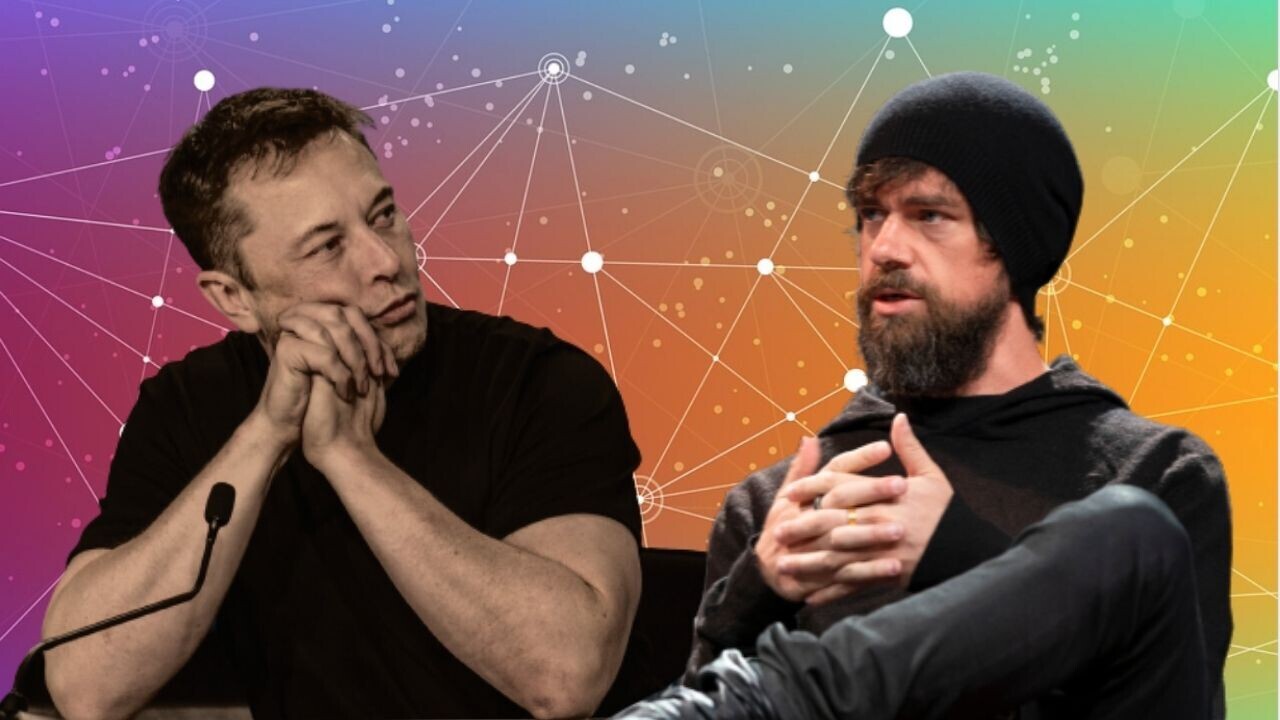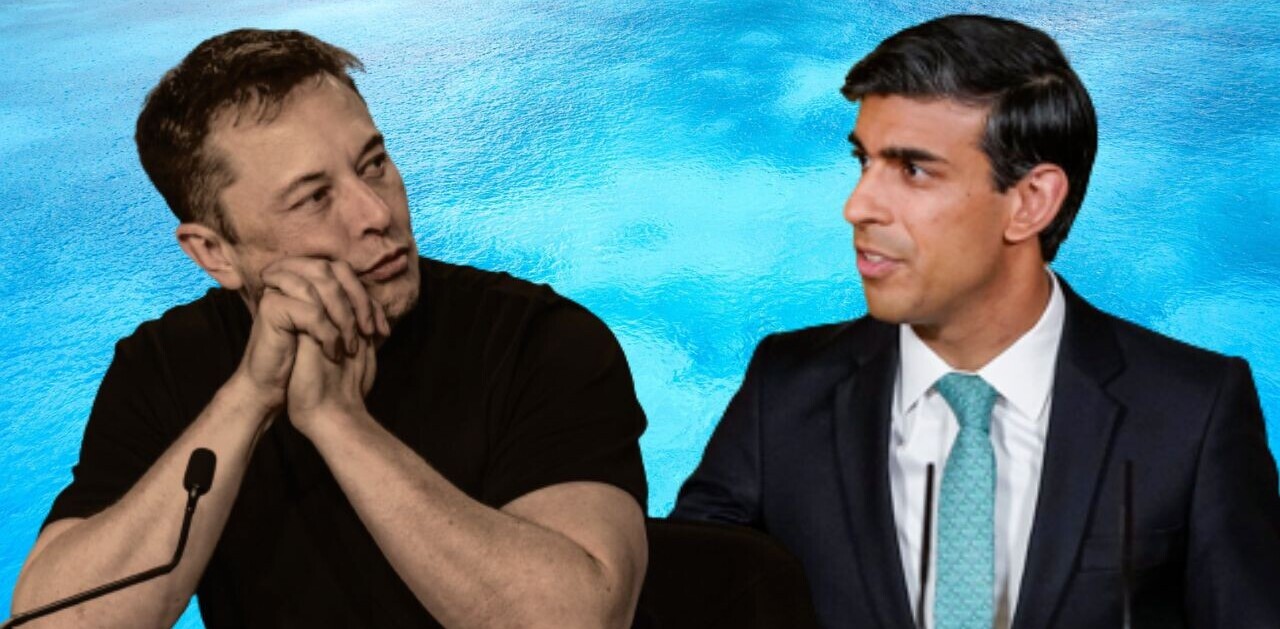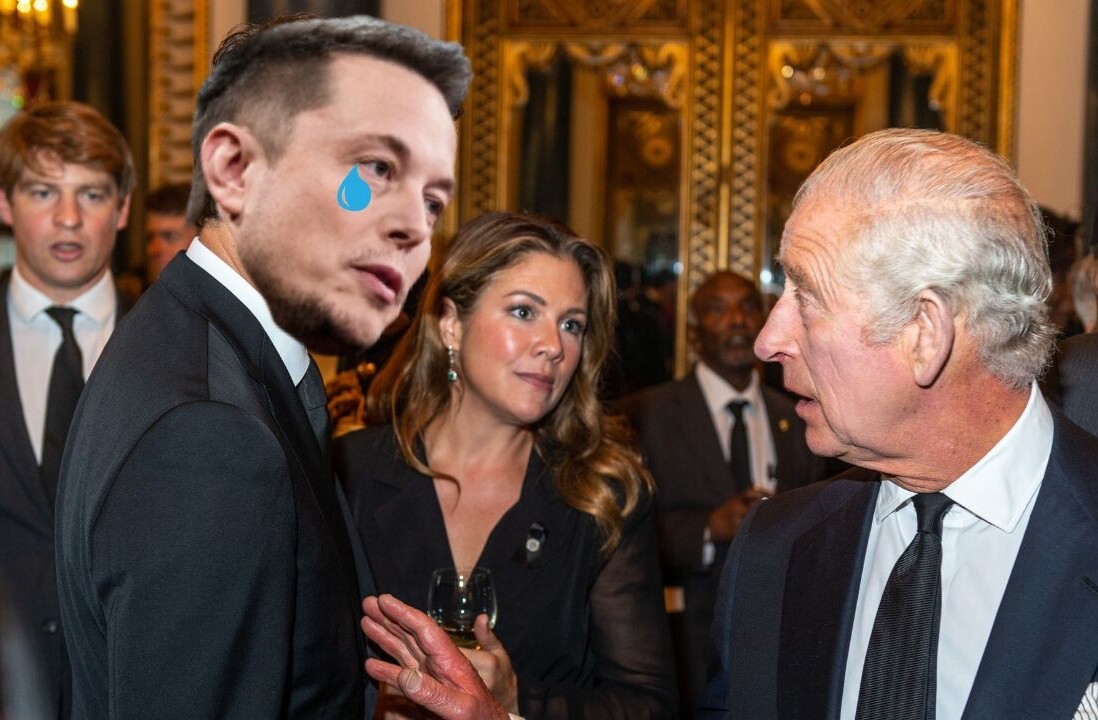
The next internet revolution is reportedly upon us, but two of tech’s leading luminaries won’t be in the vanguard.
Tesla tycoon Elon Musk and Twitter founder Jack Dorsey have both put the brakes on the momentum around Web3, the somewhat vague vision of a decentralized internet.
Their cynicism derives from different concerns. Dorsey says that Web3 is ultimately a centralized entity, while Musk has implied that it’s driven by hype over substance.
A bridge to sell you?
Web3 is a nebulous concept with varied definitions — which is one factor spurring the cynicism.
Some advocates envision a democratized internet that harks back to the halcyon days of cyberspace. With blockchain as its backbone, Web3 will give people — rather than corporations — control of data, digital assets, apps, and platforms.
That’s the idea, anyway. Yet critics — including Musk — dispute Web3’s very existence.
In response to a video comparing the early internet with a future iteration, Musk tweeted that Web3 “seems more marketing buzzword than reality right now.”
He soon aimed another broadside at the concept: “Has anyone seen Web3? I can’t find it.”
Has anyone seen web3? I can’t find it.
— Elon Musk (@elonmusk) December 21, 2021
Musk’s cynicism has sturdy foundations. Engineers have questioned whether blockchain can provide the spine for a global internet. They point to enormous hurdles around scalability, control, and adoption that must be overcome.
Among the most prominent cynics is Stephen Diehl, a developer and blogger. Like Musk, Diehl distrusts the hype around Web3. He argues that the only problem it needs to solve is how to rationalize its existence:
At its core Web3 is a vapid marketing campaign that attempts to reframe the public’s negative associations of crypto assets into a false narrative about disruption of legacy tech company hegemony. It is a distraction in the pursuit of selling more coins and continuing the gravy train of evading securities regulation.
Who owns Web3?
While Musk questioned the very existence of Web3, Dorsey’s concerns focused on who controls it.
“You don’t own ‘Web3.’ The VCs [venture capitalists] and their LPs [limited partners] do,” he tweeted. “It will never escape their incentives. It’s ultimately a centralized entity with a different label.”
You don’t own “web3.”
The VCs and their LPs do. It will never escape their incentives. It’s ultimately a centralized entity with a different label.
Know what you’re getting into…
— jack⚡️ (@jack) December 21, 2021
His comments were criticized as stifling the push for a decentralized internet — but the former Twitter CEO wasn’t done yet.
When Musk asked about the whereabouts of Web3, Dorsey provided a withering reply: “It’s somewhere between a and z.”
His response was a reference to a16z, a venture capital firm that’s heavily backed Web3. In response, Chris Dixon, a general partner at a16z, said VCs “actually own very little of it,” but that didn’t allay Dorsey’s concerns about ownership of a future internet.
I believe in you and your ability to understand systems. It’s critical we focus our energy on truly secure and resilient technologies owned by the mass of people, not individuals or institutions. Only that foundation will provide for the applications you allude to.
— jack⚡️ (@jack) December 21, 2021
Dorsey’s not the only person who’s flagged the influence of investors. Diehl has warned that Web3’s being “pushed by the world’s largest investors who have deep bags of tokens to dump.”
These remarks reflect wider concerns around the control of cryptocurrencies. A recent study found that just 0.01% of Bitcoin holders control 27% of the currency in circulation, which has escalated doubts about crypto’s democratizing potential.
Decentralizing the web
Dorsey has been described as part of a tech elite creating the next iteration of the internet, but says he has “nothing to do with ‘Web3’.” He argues that news outlets merely use his name to generate clicks (obviously, we at TNW would never dream of doing such a thing).
Yet his criticism of Web3 doesn’t mean he’s shunning decentralized online services.
On the contrary, Dorsey is an avid supporter of crypto, runs a digital payments company called Block, and backed a project to “develop an open and decentralized standard for social media”.
Musk also has a long — and controversial — history of championing decentralized finance.
Critics may argue that their comments about Web3 are ill-informed or self-motivated, but there are valid reasons to interrogate the hype.
Get the TNW newsletter
Get the most important tech news in your inbox each week.





